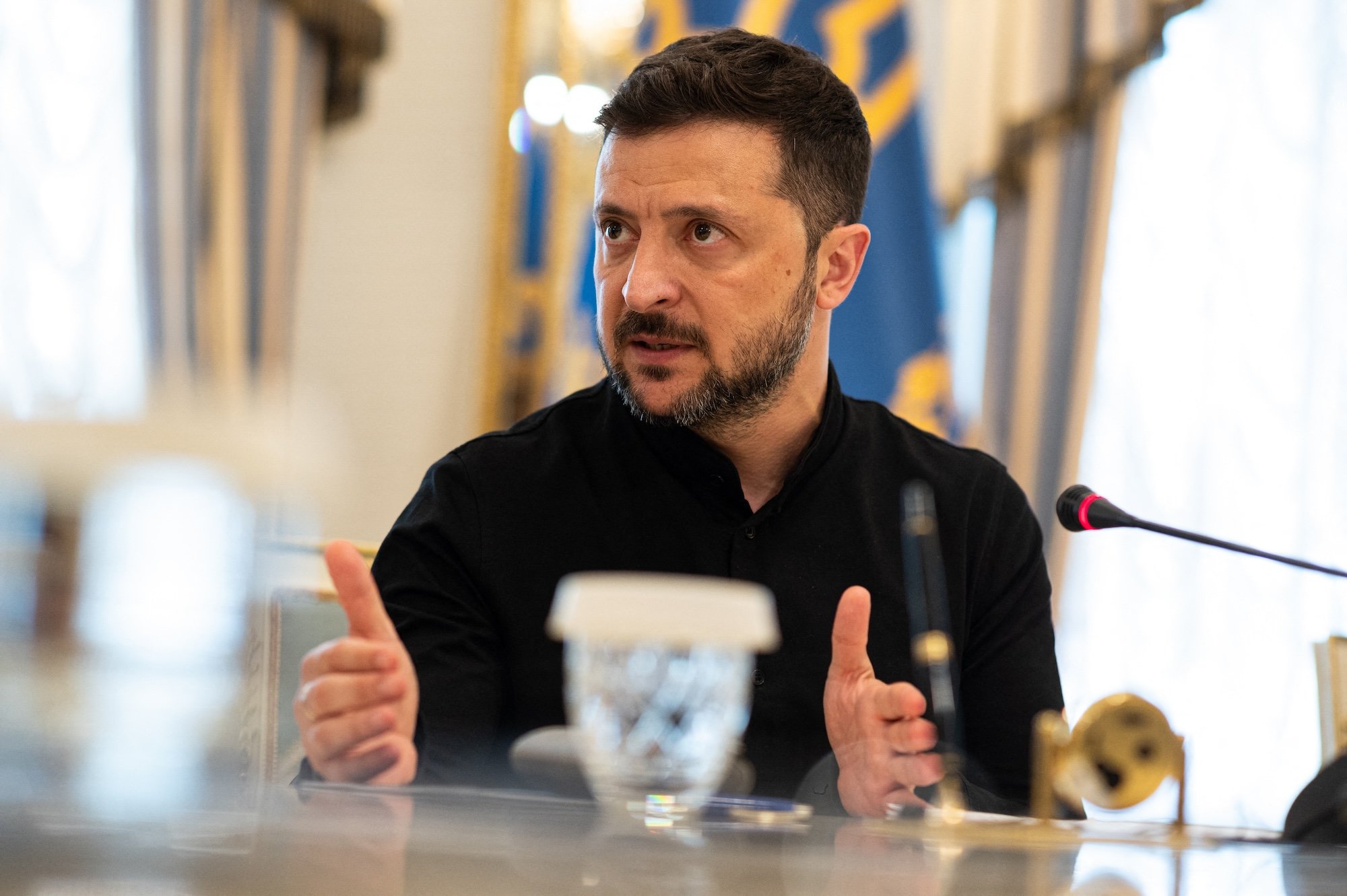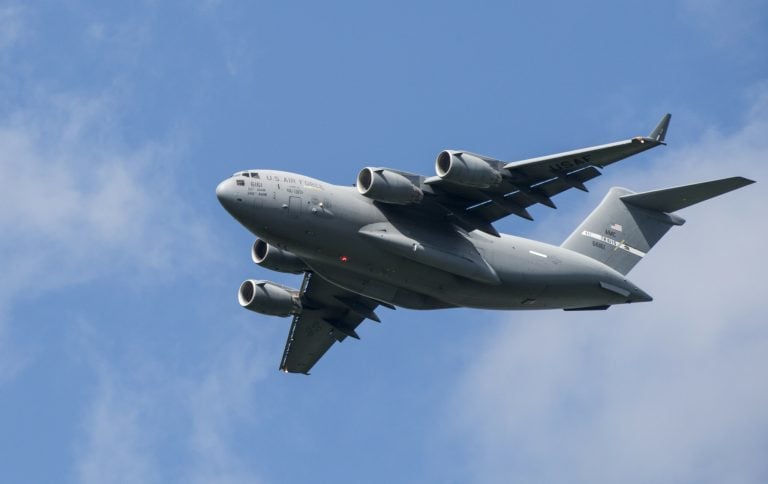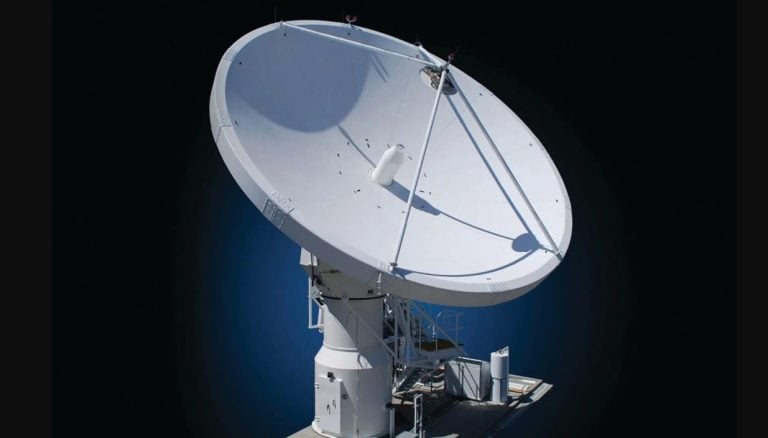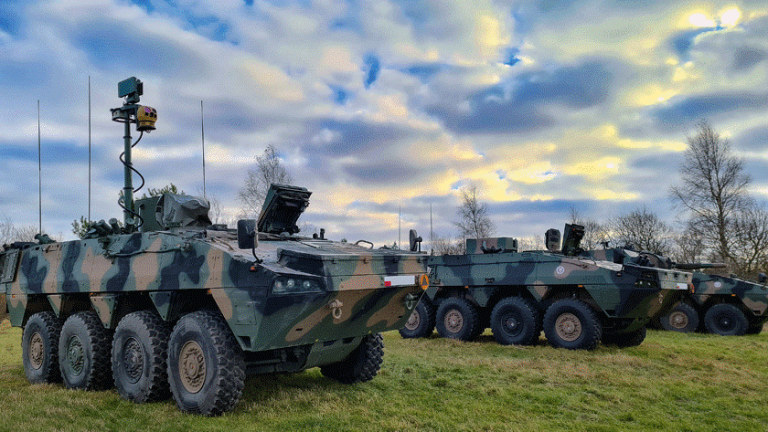US officials have sought to clarify a recent announcement from the White House concerning a pause in certain weapons shipments to Ukraine. This decision has caught Ukraine off guard and raised concerns as it continues to face intense missile and drone attacks from Russia. A halt in the provision of munitions—particularly crucial air defense systems—could severely undermine Kyiv’s defense efforts during this pivotal phase of the ongoing conflict.
Pentagon spokesman Sean Parnell assured the media that the Department of Defense is committed to supplying robust military options to support Ukraine. He emphasized that this development was not indicative of a complete withdrawal of US support. Similarly, State Department spokesperson Tammy Bruce reaffirmed that the situation is not a cessation of aid; rather, it is a re-evaluation based on US defense needs and its military assistance to allies.
While the White House’s announcement did not detail which weapon systems would be affected, reports from Politico and other media outlets indicated that shipments involving Patriot air defense missiles, precision artillery, and Hellfire missiles would be temporarily halted. Bruce, however, highlighted the president’s ongoing commitment to providing Patriot missile systems, which have been vital in defending against Russian assaults.
Ukrainian President Volodymyr Zelensky addressed the situation in a recent speech, stating that discussions were ongoing to clarify the implications of the announced changes in supplies. He reiterated the importance of continued American support, portraying it as a mutual interest for both nations.
In an unusual diplomatic move, the Ukrainian foreign ministry summoned John Ginkel, the deputy chief of mission at the US embassy in Kyiv, to discuss the situation. This action is typically reserved for adversaries, reflecting the gravity of Ukraine’s concerns about potential cuts in US military support.
The Biden administration has spearheaded substantial Western assistance for Ukraine, with Congress approving over $100 billion in aid, including approximately $43 billion allocated for weapons. In contrast, former President Donald Trump, who criticized Biden’s substantial military support for Ukraine, has suggested that negotiations may be a pathway to peace, even as he has not announced new aid packages.
According to a high-ranking source within the Ukrainian military, Kyiv remains “seriously dependent” on US arms. European efforts to provide support have been described as limited, making it difficult for Ukraine to sustain its defense without American supplies. A report by the Center for Strategic and International Studies noted that despite European attempts to bolster their defense industries, continued US assistance remains critical for sustaining Ukraine’s military efficacy.
Meanwhile, the Kremlin has welcomed the US’s decision to reduce weapons deliveries, suggesting it could expedite the conflict’s resolution. Kremlin spokesperson Dmitry Peskov claimed that fewer weapons sent to Ukraine might bring the so-called “special military operation” closer to conclusion, a term the Kremlin uses for the ongoing invasion.
As Russian attacks have increased in intensity, with a significant rise in missile and drone strikes since June, residents in Kyiv are increasingly anxious about the potential impacts of any reduction in US aid. Concerns are mounting that without American support, the city—long viewed as a beacon of democratic values—might be left vulnerable. Local residents express hope that the US will not forget its commitments to democratic principles.







